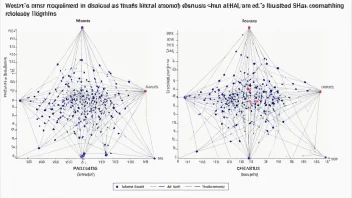As organizations navigate the complex landscape of data privacy, future-proofing their strategies has become paramount. With regulation changes and evolving technology, understanding how to protect sensitive information is critical.
Data privacy is no longer just a compliance issue; it is a fundamental component of a company’s reputation and trustworthiness. Organizations must adopt robust data privacy strategies that can withstand the test of time. This requires a proactive approach that considers not only current regulations but also anticipated changes in the legal and technological landscape.
One of the key components of future-proofing data privacy strategies is adopting a culture of privacy within the organization. This means training employees about the importance of data privacy, implementing strict access controls, and regularly auditing data handling practices. When employees are aware of the significance of protecting data, they are more likely to follow best practices.
Another critical element is leveraging advanced technologies to enhance data security. Techniques such as encryption, anonymization, and pseudonymization can help to protect sensitive data. For example, using encryption not only protects data at rest but also during transmission. Organizations should also consider utilizing blockchain technology, which can provide an immutable record of transactions and enhance transparency.
Regularly reviewing and updating data privacy policies is essential in adapting to changing regulatory environments. Organizations should stay informed about national and international data protection laws, such as the GDPR in Europe or the CCPA in California. This vigilance ensures that policies remain compliant and relevant.
Furthermore, organizations should implement a risk management framework that includes regular risk assessments to identify potential vulnerabilities in their data privacy strategies. By assessing risks associated with data breaches or non-compliance, organizations can better prepare for and mitigate potential threats.
Collaboration with external experts can also be beneficial. Engaging with data privacy consultants or legal experts can provide organizations with insights into best practices and emerging trends in data privacy. This collaboration can help organizations develop comprehensive strategies that protect their data while being adaptable to future challenges.
In conclusion, future-proofing your organization’s data privacy strategies is an ongoing process that requires commitment and adaptability. By fostering a culture of privacy, leveraging advanced technologies, keeping policies up-to-date, conducting risk assessments, and collaborating with experts, organizations can create robust frameworks that not only comply with current regulations but also adapt to future challenges.






